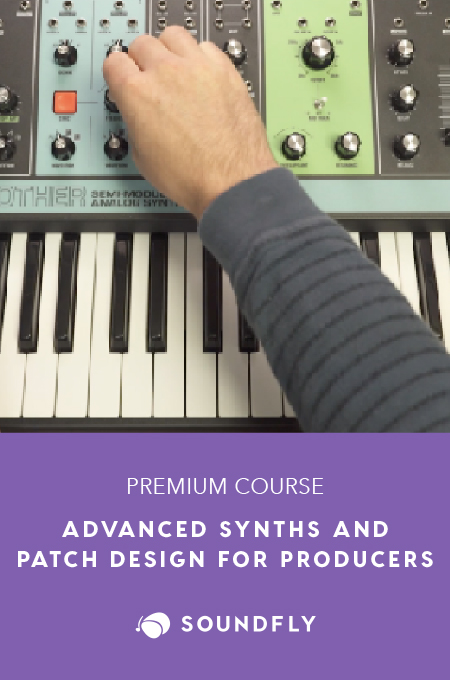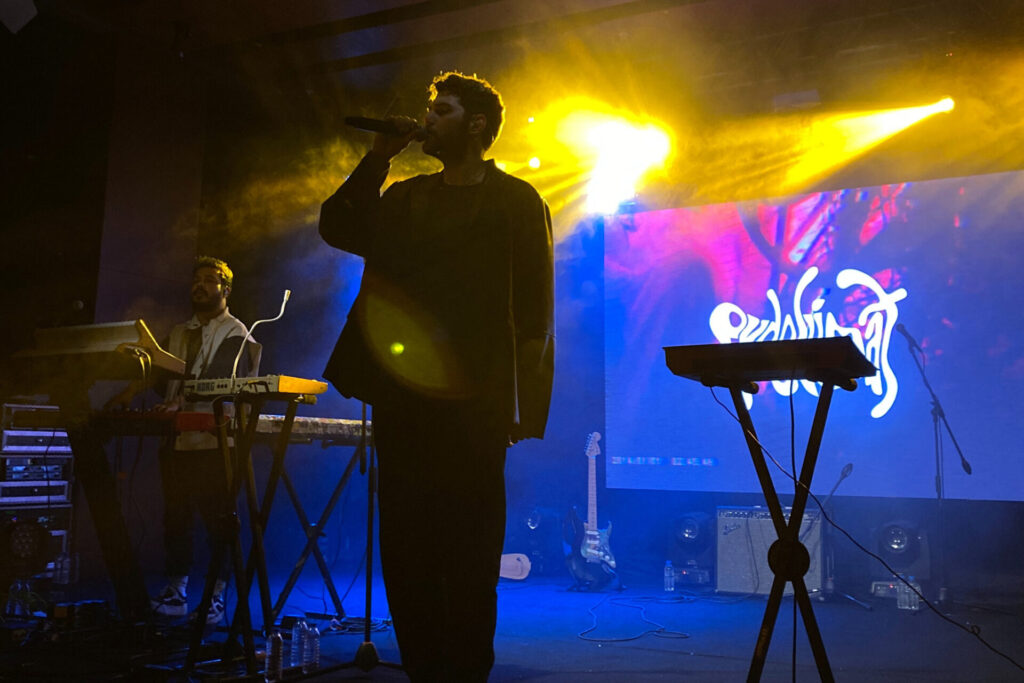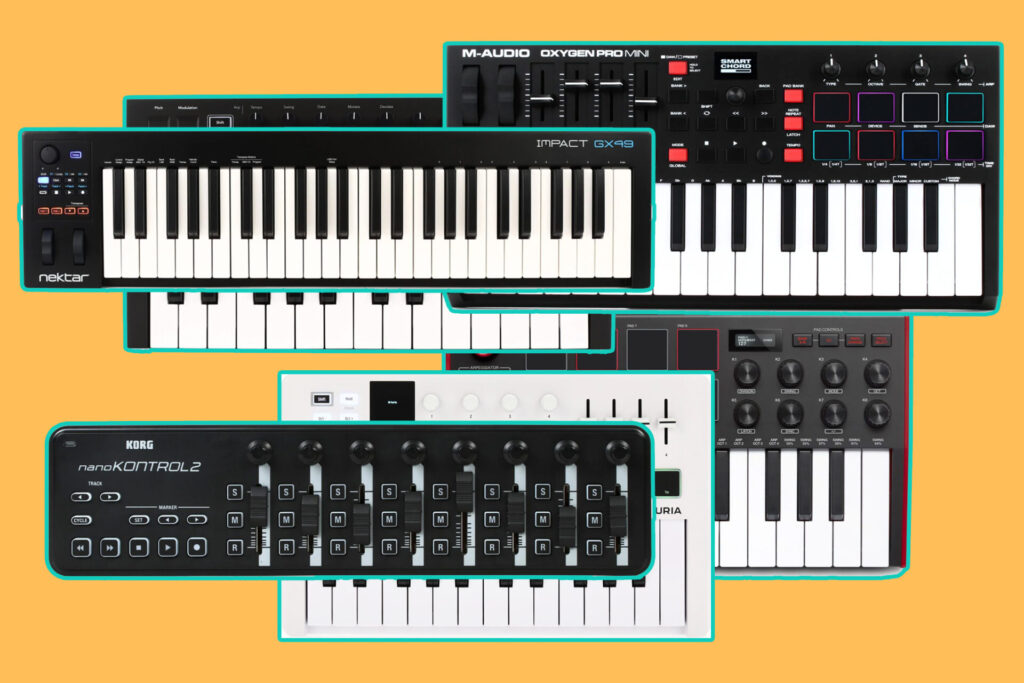+ Soundfly’s Intro to Scoring for Film & TV is a full-throttle plunge into the compositional practices and techniques used throughout the industry, and your guide for breaking into it. Preview for free today!
By Tracks & Fields
As a musician, you are blessed with a great talent: the ability to create different moods through the sounds and music that you create. And if you have the skills to mix and master your tracks semi-professionally as well? Even better! You’re well on your way to being able to contribute music to licensing opportunities. The only thing you may be missing are some well-written lyrics to really bring your songs to life!
Arranging words is as important a part of the creative process as making music, so both your lyrics and titles need to be carefully considered when proposing your song for a sync placement, or wherever else your song may end up.
Enhance, don’t detract, with your lyrics
The use of lyrics in a song will often play a major role in whether it gets synced or not. Words sung in lyric may be the best way to literally describe the specific mood and emotion of the song, to ensure it matches with the sync request. But beware, lyrics rarely carry the same weight and meaning for every listener that hears them. They can sometimes be misunderstood or misheard by listeners, or, even worse, be seen as inappropriate.
If a song contains a negative message, upsetting content, or explicit language, brands simply won’t select it due to risk. Naturally, most businesses want their brands to be associated with positive feelings. And these kinds of lyrics have the potential to negatively impact the overall message of a song, and they could paint your work in an unflattering light.
As mentioned in our last article, it is always smart to have an instrumental version of your song at hand in the event that the music supervisor likes the overall vibe but feels like the lyrics might conflict with the action occurring on the screen at that moment. Your sound might still be perfect, even though the vocals and lyrics don’t match the request.

Naming your baby…
Instrumental elements and vocal storytelling will form the core of a song, but you shouldn’t forget about the importance of a well-chosen title. A song’s title is its long-lasting first impression, and it has the power to get a client’s brain ticking before the first note is even played.
…to suit its face!
Even if you compose a track specifically for a brand request you should NEVER name the brand in the song title. Why?
- As a general business rule, project details such as the brand’s name typically fall under non-disclosure clauses. Including the brand’s name (or any project details) in the track title suggests that you have willingly violated this confidentiality, which could lead to damage claims by the client, and more simply, it makes you look unprofessional.
- Secondly, clients are typically looking for a song that stands on its own merit, and is not cue-composed to brief — using a brand name title suggests exactly that. Once again, this may invite suspicion or claims of unprofessionalism, but clients may also want something that is flexible so they can edit it around a changing, multi-draft spot.
- Lastly, there is always a possibility that your song will not get picked for the first brief, but may still fit another request in the future, and you will hurt the chances of this happening with another brand’s name mentioned in the song title.
Extra Tips
Don’t use keywords from the briefing in your song title — i.e., avoid “happy-catchy.mp3” if a “happy, catchy pop song” has been requested. Your well-composed piece of music will only be lost amongst a pool of badly-titled submissions. Put your song in the spotlight by giving it a unique title that sparks the curiosity of the client.
Don’t use a reference to a well-known artist or track. Naming your song “edgy-nirvana-style.mp3” could either suggest that you used parts of Nirvana’s music without permission (which is a violation of copyright law) or that you lack creativity. Neither are attractive in the client’s eyes. Opt instead for unique wording to avoid any references and allow your music to stand out from the crowd.
Have you checked out Soundfly’s courses yet?
Continue your learning with hundreds of lessons by boundary-pushing, independent artists like Kimbra, Ryan Lott & Ian Chang (of Son Lux), Jlin, Elijah Fox, Kiefer, Com Truise, The Pocket Queen, and RJD2. And don’t forget to try out our intro course on Scoring for Film & TV.
—
Tracks & Fields is a music licensing platform for advertising, film, TV, and interactive. We are not a music library. We believe in bringing you the best music repertoire according to your briefing and budget in real time. Getting the best music within your budget and deadline starts with a simple request. It only takes a few minutes. Our decades of experience in the music and licensing business allows us to be sure we can source the finest music for your projects, and to utilize a quick and reliable rights clearance process.




